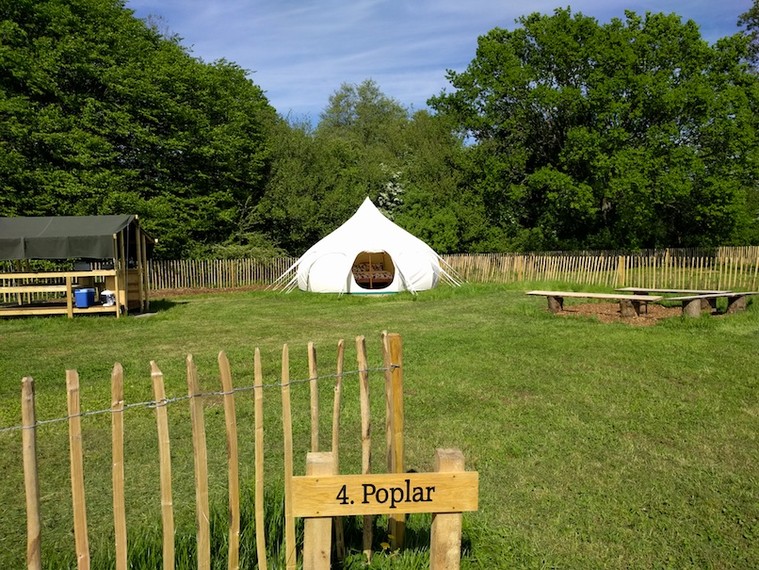The UK planning system has felt the impacts of the Covid-19 outbreak along with every sector of the global economy. However, after some uncertainty on how the decision-making process would be affected, the situation appears to have had less impact on smaller planning projects than might have been the case.
Local authorities were quick to implement new procedures in determining planning applications that would align with government advice on social distancing and remote working. Planning officers proceeded to work from home and are making delegated decisions on planning applications wherever possible. Local authorities have been granted legislative powers to hold virtual planning committees, which are already being held across the country, but local authorities will seek to limit committee items to those larger or more controversial schemes.
Under delegated powers, we have found that some smaller applications have in fact been determined at a greater pace than before the lockdown, demonstrating that remote working can function just as effectively in these unprecedented times. In some instances, this has been up to two weeks before the original target decision date.
The preparation of planning applications for small scale proposals has also been largely unaffected in recent months. Architects, ecologists and other technical consultants have been able to undertake their work remotely and in line with social distancing requirements, so there has been little delay in preparing the necessary application documents.
New opportunities
Based on our experience we believe now is the time to act. A number of opportunities have been set out below:
Extension of the season for wedding venues, campsites and caravans
The tourism and leisure industry has been hit hard by the lockdown, following the announcement in March that all non-essential businesses would be required to shut their doors. However, many are now preparing to get up and running again in July as lockdown measures continue to be eased.
The planning system will need to play a key role in getting the industry back on its feet. Planning permissions for leisure and tourism development often include a condition limiting the use of the business to certain seasons of the year, usually over the summer. The current lockdown offers a strong justification for those looking to extend or remove these conditions where it is felt that the business can operate safely and effectively year-round. This might include farm diversification projects such as wedding barns or camping pods.
Relaxation of restriction on holiday accommodation to allow occupation by farm workers
Similarly, there may be an opportunity to provide more flexibility for those with holiday accommodation by allowing year-round occupation, perhaps to rural workers. A lack of small, affordable units of accommodation in rural areas is a problem in many parts of the country. Relaxing occupancy rules would serve the dual benefit of providing affordable, year-round accommodation for local workers and an additional source of income for property owners outside the tourist season.
Tourism diversification
There is strong support from planning authorities for farm diversification projects that provide an additional source of income for local farmers. A wide range of options have been explored in the South East and include the conversion of unused barns into holiday lets, wedding venues or farm shops and cafes, and the use of disused land for tourist accommodation. The need to diversify income streams can be further justified in light of Covid-19 and its impact on the economy.
Extension of permitted development rights for restaurants and cafés
Temporary permitted development rights have been introduced which allow a restaurant or drinking establishment to operate as a hot food takeaway without applying for planning permission. Local planning authorities will need to be notified of this change but no formal planning application is required. These rights are currently in place until 23 March 2021. Now may be the time to agree extended rights beyond this time limit.
Rural business hubs
Shared workspaces are becoming increasingly popular in the UK. These are flexible business spaces that provide access to a high-quality working environment, with the benefit of low overheads, existing IT infrastructure and the flexibility of a shorter lease. These spaces are more commonly found in urban areas but given the sudden move to home working, and with firms reducing their dependence on city offices, we are already seeing a growth in demand for this type of office space. Disused farm buildings of sound construction are ideally suited to this use.




